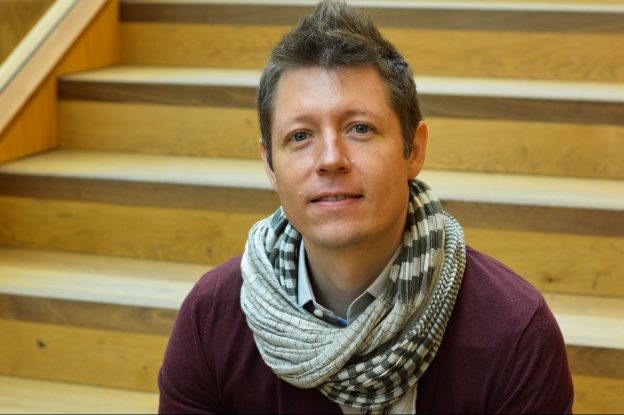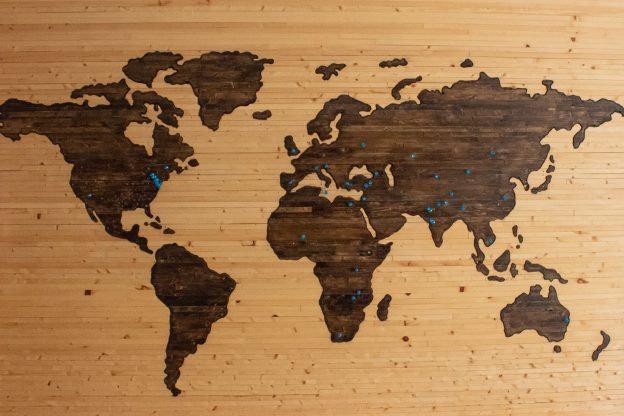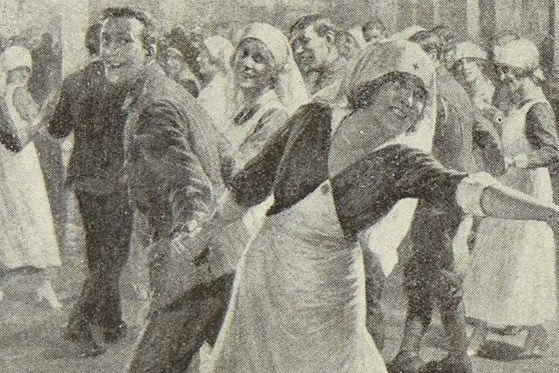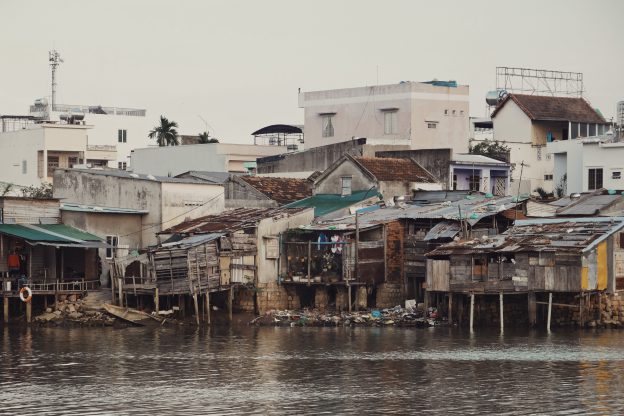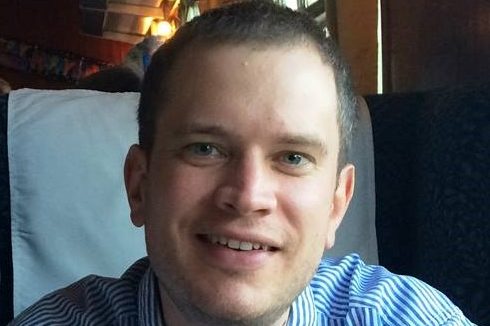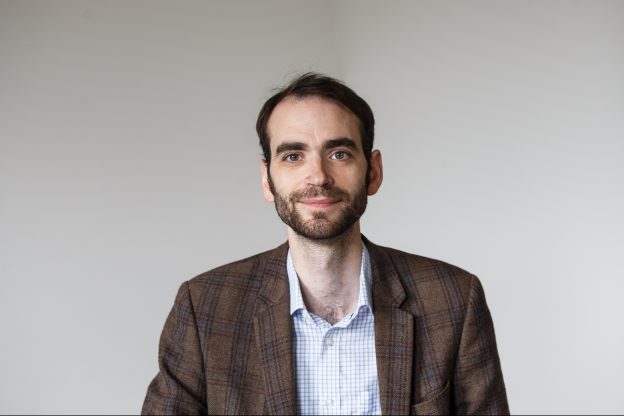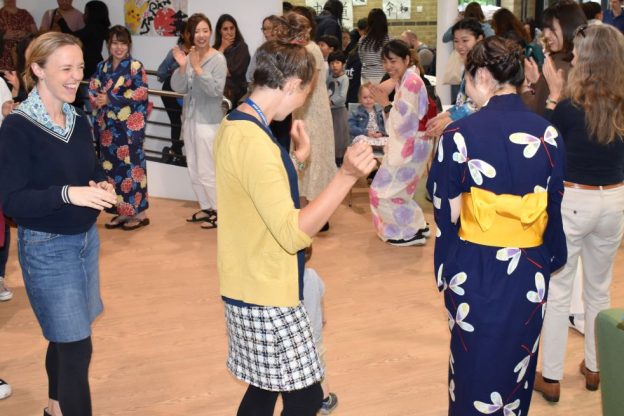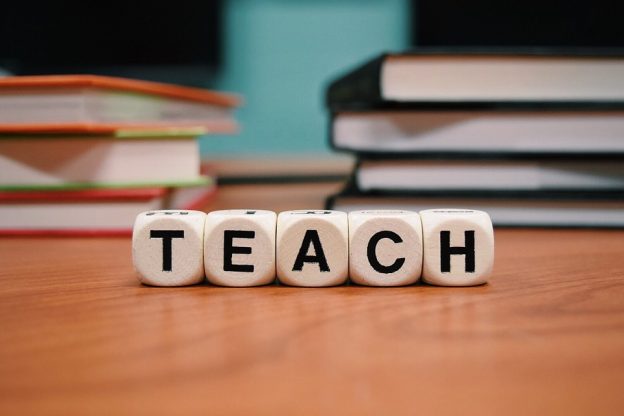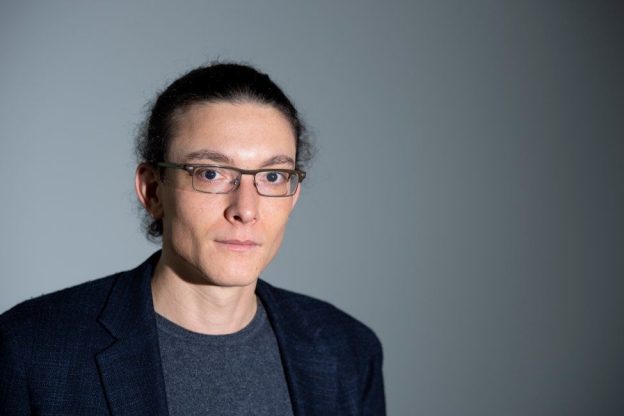Dr Fernando Otero has been appointed as the new Deputy Head of School (Medway), with immediate effect. Fernando has been a lecturer in the School for six years, and was promoted to Senior Lecturer this year. He gained his PhD at Kent and previously worked as a Research Associate so has long experience of the University and the School.
Head of School, Professor Richard Jones said, ‘Fernando impressed us greatly with his vision for the future of the School of Computing in Medway. He will join the School’s Core Management Team and I very much look forward to working closely with him.’
Fernando is a member of the Data Science and Computational Intelligence Groups and his research interests include data mining and knowledge discovery, bio-inspired algorithms, the application of data mining algorithms in bioinformatics and financial forecasting, and big data.
Fernando has also recently secured funding for a Knowledge Transfer Partnership with London-based fintech start-up Youtility to enhance user experience using machine learning models. He also leads Computing’s outreach activities to schools and colleges.
